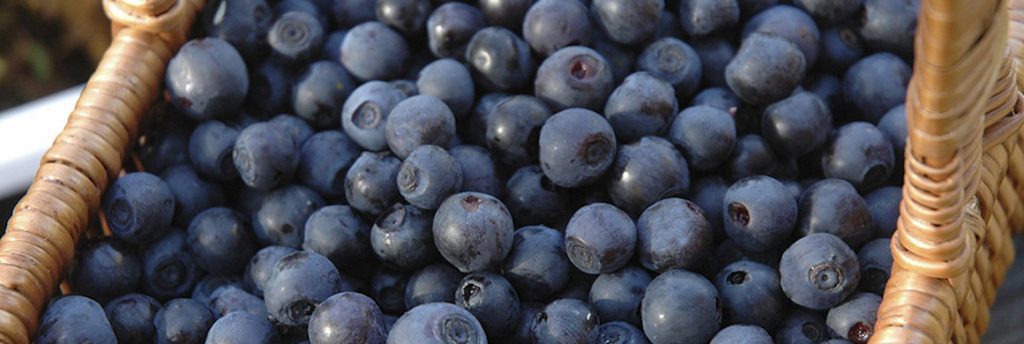Harvard Investigates the Food Cluster Project That Reversed Maine’s Economic Misfortune

Harvard Business School published an article on its blog about senior fellow and former U.S. SBA Administrator Karen Mills’ case “The Maine Food Cluster Project,” which was “aimed at investigating the state’s agricultural, seafood, and food and beverage processing sectors.”
Despite its “abundant natural resources,” Maine has traditionally ranked low in terms of economic growth—the Pine Tree State even held the rank as “the worst state economy in the country” between 2010 and 2013.
Mills’ case details Maine’s miraculous comeback.
According to the article, Mills lobbied Congress to fund cluster initiatives, which the SBA defines as, “geographic concentrations of interconnected…organizations with a specific industry focus. They provide high-value, targeted connecting of small and large businesses, including networking with potential industry partners abroad.” Cluster initiatives, according to Mills, help identify “hubs of regional economic activity, [and] give small business the powers and the visibility that used to be the purview only of larger companies, [including] more legislative and budgetary priority.”
Case in point: in 2005, Mills rallied Maine’s ship builders who were at risk of “losing business to better-trained workforces elsewhere.” She managed to secure a $14.4 million WIRED grant, which created new jobs and skills training opportunities for local workers in the “boat-building and related manufacturing industries.”
Using cluster data, “results from a survey of Maine’s food and beverage companies,” “an analysis of organizations working to improve Maine’s food industries,” and “profiles of several existing food cluster initiatives” throughout the U.S., Mills’ Libra Foundation-funded Cluster Project illuminated how Maine could parlay its robust restaurant and farming sectors—particularly lobsters, blueberries, and potatoes—into “business growth and job creation in the future.”
The Maine Food Cluster Project determined “based on successful agriculture and food industry initiatives in regions like Vermont, Oregon and Denmark,” that the following three recommendations could be made for the cluster initiative:
- “Add more value to Maine food by supporting the starting up and scaling up of Maine’s food processors.”
- “Expand the production and sale of Maine food in Maine and the Northeast.”
- “Expand the production and sale of sustainably-harvested protein.”
Mills thinks if Maine can do it, so can the other 49 states. She outlines one of the key missions of the Cluster Project:
“We’re working to make it part of every mayor’s and governor’s and even the federal economic development playbook. We have the knowledge and the evidence to show the vital role these tools can play in driving the American economy.”
